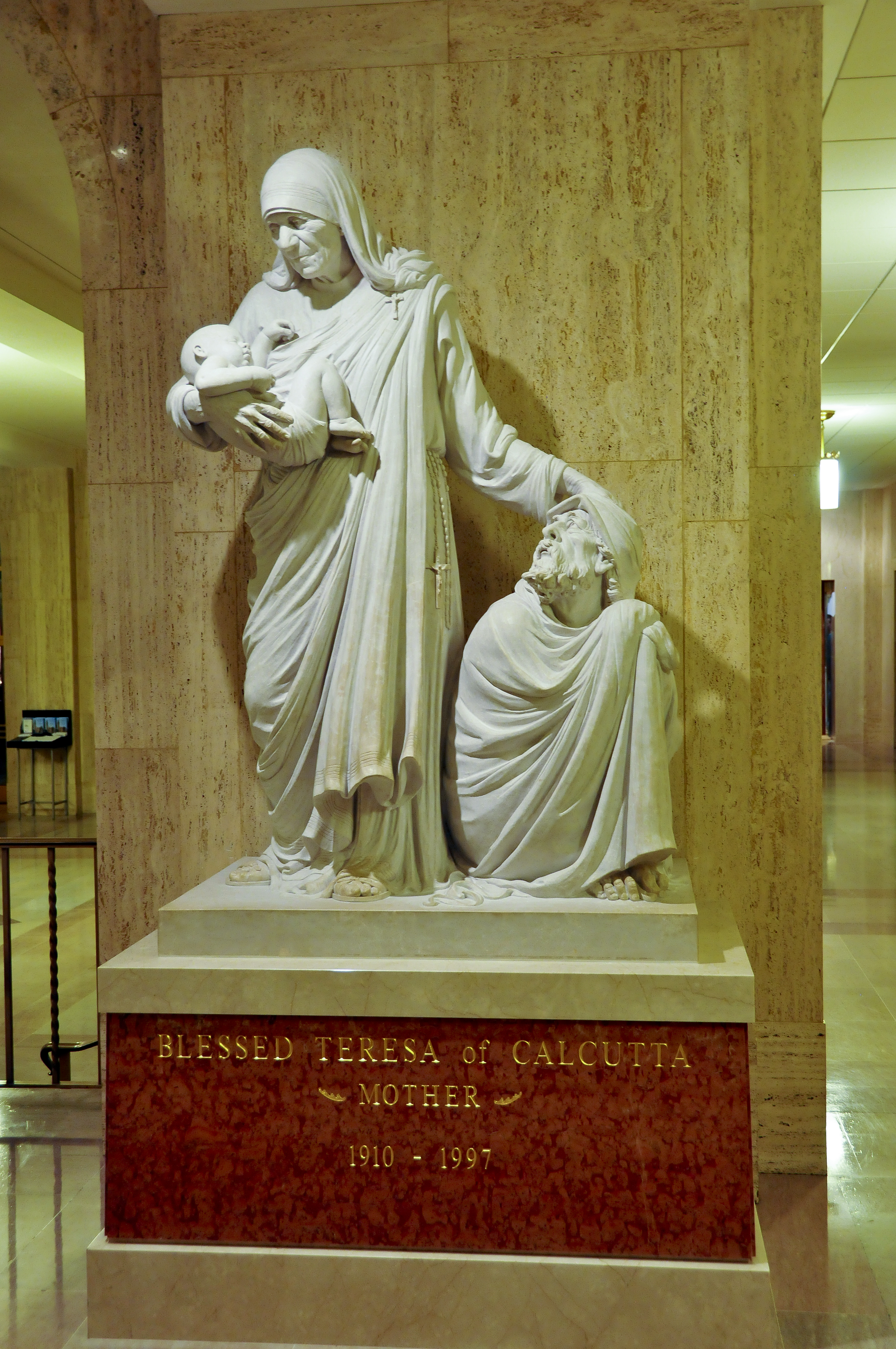There is a lot going on today. It is the Feast of the Conversion of St. Paul. The March for Life is descending upon our nation’s capital. It is also the last day of the week of Prayer for Christian Unity.
St. Paul could never be accused of being lukewarm. Up to his conversion, he was devout in his Jewish faith and zealous in persecution of the Christians whom he believed to be betraying that faith. After his conversion, he gave his all to the proclamation of the Gospel, in every place and in every way, seeking indeed to “be all things to all people,” for the sake of Christ (and Him crucified, St. Paul would likely add).
The co-incidence of these three days, though, has me thinking about zeal and unity, and how they can seem to undermine one another, and the Gospel. I know that the week of Prayer for Christian Unity is supposed to be primarily about the unity of all Christian denominations in the one Church that we all profess. Perhaps it’s because it falls so close on the heals of such a divisive year in politics, but the divisions in the Church that I feel most strongly right now are not the denominational ones, but the political and idealogical ones. I think of people–people of good will–on multiple sides of key issues, especially abortion, same-sex marriage, and religious liberty and the HHS mandate. Zeal on one side or the other seems to undermine unity; trying to maintain unity with “let’s agree to disagree” sentiments seems to me to undermine truth and the Gospel. It also produces an illusory unity at best.
What would it mean to live with the zeal of a St. Paul today? Would St. Paul be a source of division or unity in the Church today? I suppose I could ask the same question by making my own the question which is the theme for the week of Prayer for Christian Unity: “what does God require of us?”
In the last year or so, Chiara Lubich, founder of the Focolare Movement, has become my guru of Christian unity. Perhaps it would be better to say that she has become one of my gurus for Christian living, as reading her has convinced me that having unity as part of one’s goal is an essential attribute of Christian living. Though there are many great insights in her writing (and this volume of her Essential Writings is a great place to start), I want to focus on two.
Chiara writes of the idea that we should always strive to “be the first to love.” In any situation, from an interpersonal conflict to a theological debate to how we carry ourselves in general, we should conduct ourselves with love, and should do so “first.” In other words, even if the attitude, actions, and arguments of the other are not particularly loving, we should try to act out of love. I think that in these heated debates, in our zeal for the truth and the Gospel, we sometimes forget to act with love, without which, St. Paul reminds us, we are just clanging gongs, or empty noise on the wind (1 Cor 13). We should proclaim the truth, and listen to the other side, but always in love.
The second idea that I want to mention from Chiara Lubich is that of focusing on “Jesus forsaken.” Chiara focuses upon
Jesus who … in an insuperable climax of love and suffering, cries out from the cross: “My God, my God, why have you forsaken me?” (Mk 15:34; Mt 27:46). In that moment he experienced the most profound separation that can ever be imagined; in a sense, he experienced being separated from his Father with whom he was and remained one. At the same time, he gives all humankind a new and fuller unity than the one lost through sin: he reunites all with one another and with God in a new unity, which is a participation in his unity with the Father and with us. Therefore, Jesus forsaken is the key to understanding and living out unity.
She goes on to quote St. Paul himself, and hold him up as a witness of radical love rooted in this very idea: “For I resolved to know nothing while I was with you except Jesus Christ, and him crucified” (1 Cor 2:2). Chiara continues:
This is why Jesus forsaken seems to be the God of our times. He is heaven’s response to the terrible chasm of sufferings and trials cut deep into the hearts of men and women by the atheism permeating many aspects of our modern culture; by the extreme poverty of millions of displaced people; by the quest for meaning and ideals of the disillusioned and confused new generations. Jesus forsaken is the God of our times because he is a reflection of the division that exists between the Churches; a division that today we are more conscious of than ever.
We cannot abandon fidelity to the Gospel and to the truth any more than Jesus or St. Paul did. But it is crucial to keep the image of Jesus forsaken before us at all times. Those whose lives are so permeated by an atheistic and relativistic culture that they do not see the truth that the unborn deserve protection from the moment of conception are not our enemies, they are Jesus forsaken. And in so far as we remain separated from them, we are Jesus forsaken as well.
Chiara’s great insight about Jesus forsaken, it seems to me, is this: Jesus who is, who was, and who ever will be profoundly one with the Father nonetheless felt in that moment the pain of separation from the Father. Likewise, the human family is one, by virtue of our being created as profoundly, naturally, inherently social beings. Our unity is deepened in Christ, God-made-human. The unity of the Church, of all who have been made into the Body of Christ through baptism, is even more profound. Our unity IS, but we feel the pain of so much that divides us. We are Jesus forsaken.
Most of the leaders of the Church today (bishops, theologians, clergy, and–dare I say it–anyone with a blog!) carry ourselves more like the 12-year-old Christ schooling his elders in Jerusalem than like Jesus forsaken. We try to impress one another with our authority and insight, our command of all the issues and relevant texts. And the world laughs at our disagreements and our pettiness.
What would it mean for us to conduct ourselves, with one another and with the whole human family, with an awareness that we are Jesus forsaken, and that even in the midst of our own brokenness, we are called to be the first to love? Though I suspect agreement about everything is a long way off, perhaps at least people would look at the Church, in all its brokenness, and say “See how they love one another!” I suspect St. Paul would approve.
(The Chiara Lubich quotes above come from a talk she gave in 1997, reprinted in her Essential Writings, p. 206.)





A nice post Dana that works for reconciliation in the divisions of the Church. Thinking of those who have fallen away from Church teaching as Jesus forsaken is most excellent. I think we also have to remember that Jesus went out to eat dinner with those who we might consider broken.
A lot of people I know, though, (seminarians I’ve taught) refuse to see this. There’s a great passage in Walker Percy’s Love in the Ruins, where hs describes how he is a bad Catholic. I’ve had many seminarians nearly scream that there is no such thing as a bad Catholic There are people who keep fidelity to the Church and then there are those who don’t.
Your position is much more Christian.